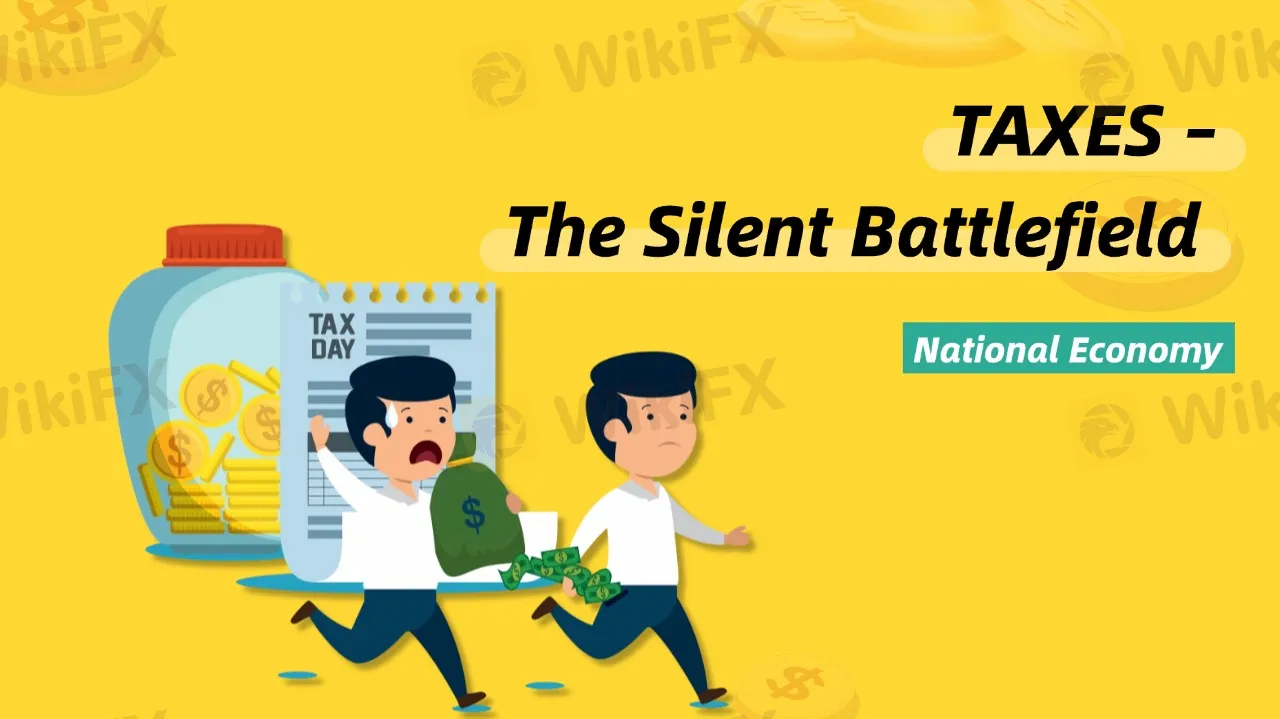Abstract:Nigeria's tax reform, particularly the new tax plans proposed by President Bola Ahmed Tinubu's government, has become a national focal point.

The four major tax bills introduced by the government were originally intended to stimulate economic growth, but they have sparked significant controversy, especially regarding the adjustments to Value-Added Tax (VAT) and Corporate Income Tax (CIT). These bills were supposed to lay the foundation for economic recovery, but instead, they have exposed deep divisions between the federal and state governments.
The proposed increase in VAT has become one of the central issues in the reform. For a country like Nigeria, which is already facing inflation and a high cost of living, raising VAT will undoubtedly increase the financial pressure on citizens. As the prices of essential goods rise, public opposition to the tax reform has grown stronger. State governments have also expressed concerns about the distribution of VAT revenue, suggesting that it should take into account regional needs to ensure a fair allocation.
On the other hand, the adjustment to Corporate Income Tax has also become a focal point of debate. Lowering the corporate tax rate could attract foreign investment, but many state governments fear that this policy will lead to a decrease in fiscal revenue, further worsening their financial difficulties. State governments typically rely on federal allocations to support their budgets, and reducing corporate income tax could intensify the financial pressure they face.
How to Address the Controversy?
In the face of these disputes, the Nigerian government needs to adopt an inclusive and cautious approach, listening to the voices of all stakeholders, especially those of the state governments. The government should balance the need to increase tax revenue with the goal of not overburdening citizens. Specifically, regarding VAT, it could consider a gradual adjustment to avoid causing excessive short-term impacts on people's livelihoods.
At the same time, the policy of reducing corporate income tax should be implemented cautiously to ensure that it does not place undue pressure on state finances. The government should consider providing more support to state governments in the tax reform process to avoid exacerbating their fiscal challenges.
Additionally, the government must ensure that the reform does not cut funding for education, technology, and infrastructure, which are essential for the country's long-term development.
Although Nigerias tax reform faces significant challenges, it also offers an opportunity for economic development. If the government can strike a balance between VAT, corporate income tax, and state finances, while ensuring that all interests are taken into account, the reform could drive economic recovery. However, careful attention to the pace of implementation is necessary.










